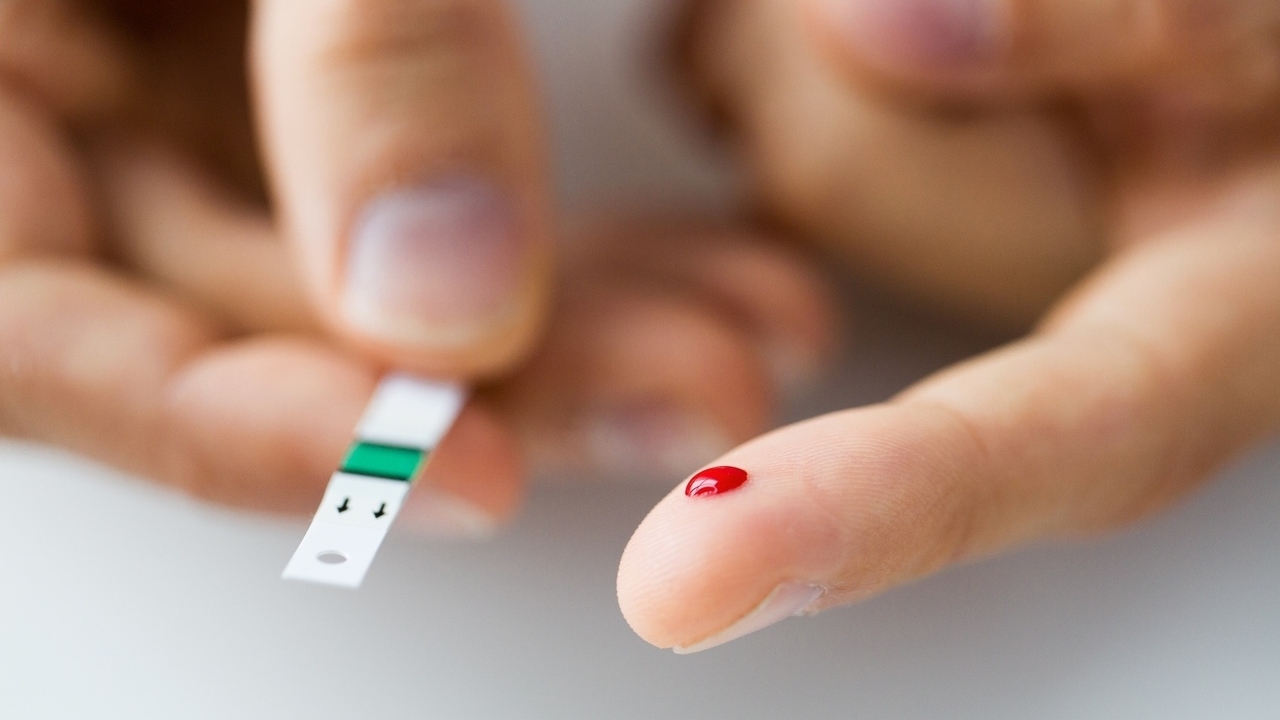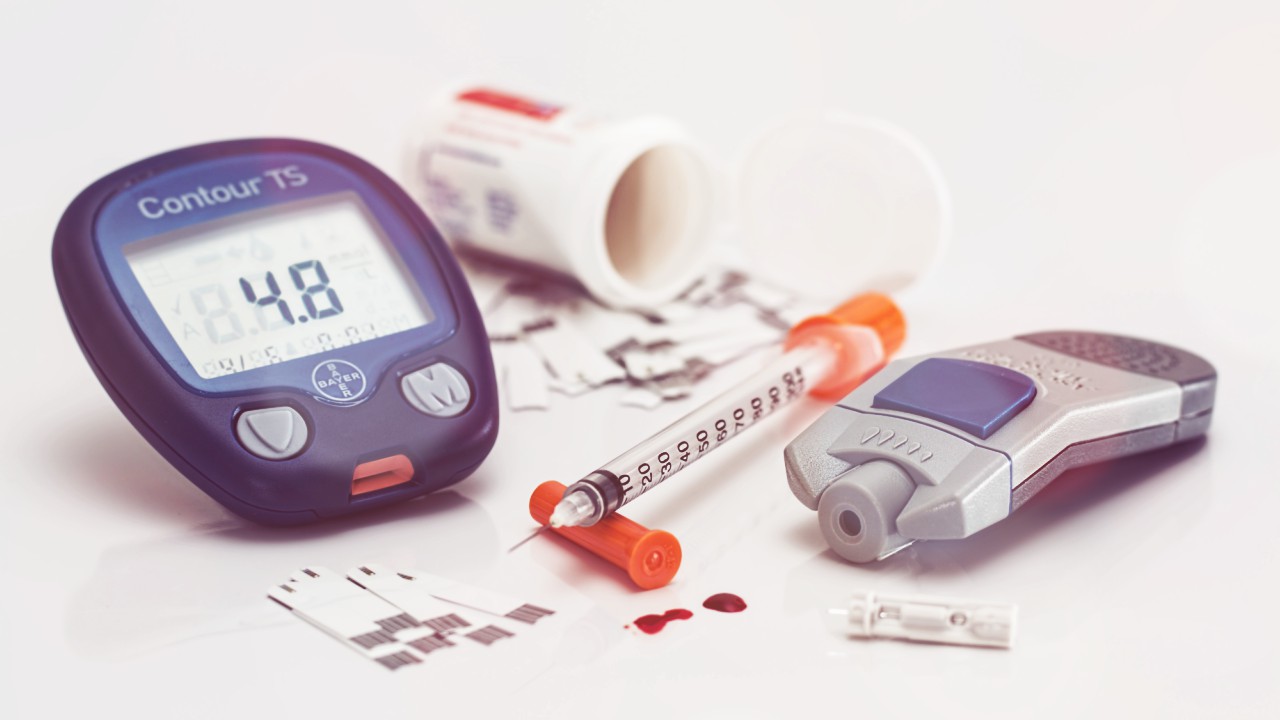Not all diabetics need insulin. Some have managed their blood sugar well with only lifestyle changes. Others require medication to regulate sugar levels. There are those who need insulin for health maintenance, especially those with type 1 diabetes. Those who have type 2 diabetes may eventually require insulin if their diabetes progressively gets worse.
So, what is insulin anyway? Insulin is naturally produced by the body in the pancreas. It is a hormone that is responsible for allowing glucose (sugar) into your cells. This gives the cells energy. In diabetes, the pancreas fails to produce enough insulin or even if the body still produces enough, it is resistant to the effects of insulin as the Hormone Foundation explains.
Therefore, insulin is very necessary. Traditionally, there are three main categories of insulin:
Mealtime (or bolus) insulin This is given at meals.
Basal insulin Given once or twice daily
Can be used alone or together with oral meds.
Pre-mixed insulin Given twice a day, before breakfast and dinner.
Can be used alone or with oral medications.
According to the Hormone Foundation, the type of insulin prescribed to a patient depends on the kind of diabetes a person may have, whether they have a sedentary lifestyle or not, age, the body’s response to a particular insulin and how willing or capable a person is when it comes to doing her own sugar checks and giving herself injections.
So what’s new? Insulin analogs, that’s what. Or what some have termed designer insulins. The name probably came about due to the fact that they are just that – insulin genetically engineered (or designed) to match the insulin produced by your body. These insulins are said to be closer in grade with the type the body produces than the insulin manufactured traditionally. Although administered the same (by syringe, insulin pump or pen), the differences are marked. How so? Insulin analogs make it easier to control blood glucose levels, reports the Hormone Foundation. The new insulins not only control hyperglycemia and hypoglycemia, but work to prevent these conditions from developing in the first place. The end result lowers the risk of the onset of many complications and improves the quality of life.
Resource: The Hormone Foundation
Dita Faulkner is a freelance writer and poet. Please check out her poetry at:
http://www.lulu.com/product/paperback/red-toenails/6181258?productTrackingContext=center_search_results





Add a CommentComments
There are no comments yet. Be the first one and get the conversation started!